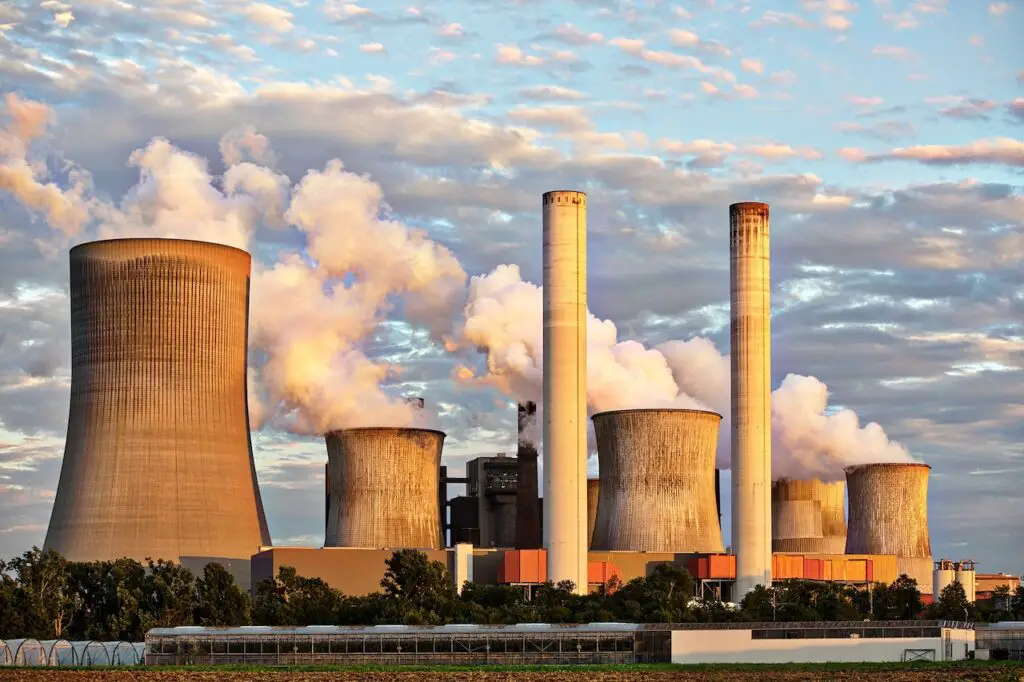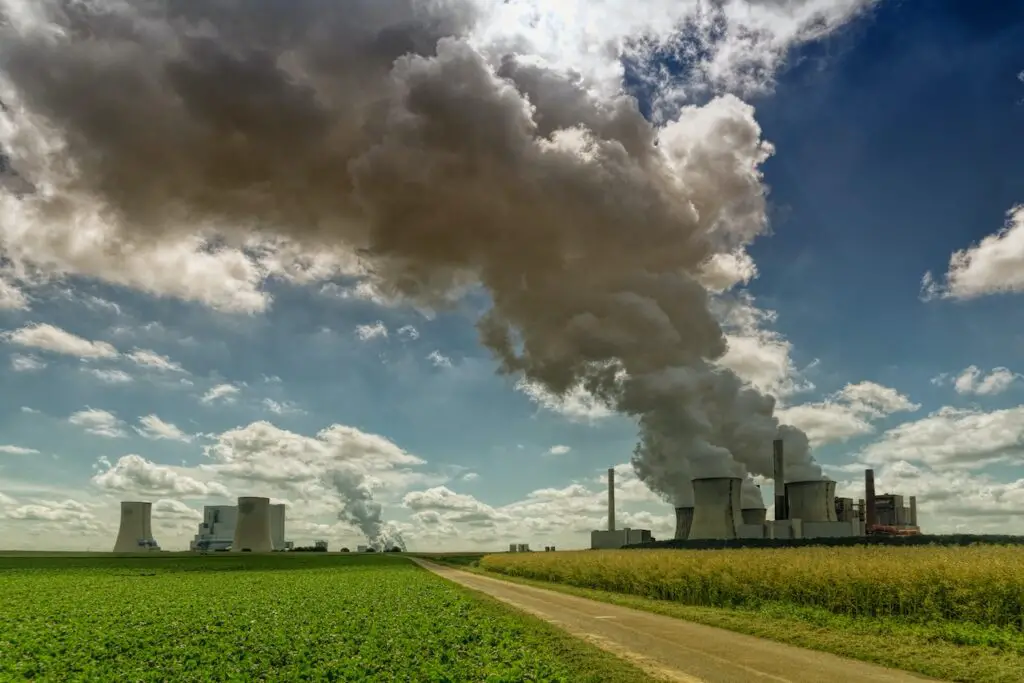Have you ever stopped to think about the environmental impact of your food choices? While many of us are aware of the negative effects that fossil fuels and plastic waste can have on the planet, there’s another factor that often goes overlooked: the impact of meat production.
From deforestation to water pollution, the meat industry is responsible for a significant portion of the world’s greenhouse gas emissions and environmental degradation. In this post, we’ll explore the environmental costs of eating meat and why reducing your meat consumption can have a positive impact on the planet.

The environmental costs of meat production
Livestock farming is a major contributor to greenhouse gas emissions, which are a leading cause of climate change. According to the Food and Agriculture Organization of the United Nations (FAO), livestock production is responsible for 14.5% of global greenhouse gas emissions. This is due to a variety of factors, including the methane produced by cows during digestion, the energy required to produce and transport animal feed, and the emissions from the manure produced by livestock.
In addition to greenhouse gas emissions, meat production also contributes to deforestation. Large areas of forests are cleared to make way for grazing land and to grow crops to feed livestock. Deforestation not only destroys important habitats for wildlife but also reduces the amount of carbon that can be stored in trees and soil, further contributing to climate change.
Meat production also causes water pollution and resource depletion. Livestock farming requires large amounts of water for drinking, cleaning, and irrigation. This can lead to water scarcity in areas where water resources are already limited. In addition, the waste produced by livestock can pollute waterways and harm aquatic ecosystems. Finally, meat production requires large amounts of land, energy, and other resources, which can contribute to resource depletion and environmental degradation.
The impact of meat consumption on the planet
Meat consumption is linked to climate change due to the significant greenhouse gas emissions associated with meat production. Livestock farming is responsible for a large portion of global greenhouse gas emissions, with some estimates suggesting that it is responsible for up to 18% of all emissions. This is due to the methane produced by cows during digestion, the energy required to produce and transport animal feed, and the emissions from the manure produced by livestock.
In addition to contributing to climate change, meat production also has a negative impact on biodiversity and wildlife populations. The destruction of natural habitats for grazing land and crops to feed livestock has led to a loss of biodiversity and wildlife populations. This is particularly true in areas with high levels of deforestation for livestock farming, such as the Amazon rainforest.
Meat production also has negative effects on soil health and land use. The intensive farming practices used in meat production can lead to soil degradation and erosion, reducing the fertility of the land and making it more difficult to grow crops in the future. In addition, meat production requires large amounts of land, which can lead to the displacement of indigenous communities and the destruction of natural habitats.
The economic costs of meat production
in addition to the environmental and health costs of meat production, there are also significant economic costs associated with the meat industry. These costs include subsidies, health care costs associated with meat consumption, and the impact on local economies.
One of the biggest economic costs of meat production is government subsidies. In the United States, the meat industry receives billions of dollars in government subsidies each year. These subsidies help to keep meat prices artificially low, making it more affordable for consumers. However, they also contribute to the environmental and health costs of meat production by encouraging overproduction and overconsumption.
Another economic cost of meat production is the impact on health care costs. High meat consumption has been linked to a range of health issues, including heart disease, cancer, and obesity. These health issues can lead to increased health care costs for individuals and society as a whole.
Finally, the meat industry can have a significant impact on local economies. Large-scale meat production facilities often rely on low-wage workers and can have negative impacts on local communities. In addition, the environmental costs of meat production can also have economic impacts, such as reduced crop yields and damage to local ecosystems.
Reducing your meat consumption
Reducing your meat consumption is one of the most effective ways to reduce your environmental impact and improve your personal health. Here are some tips for reducing your meat consumption:
- Participate in Meatless Mondays: This is a popular movement that encourages people to go meat-free for one day a week. It’s a great way to try out new plant-based recipes and reduce your environmental impact.
- Try plant-based meals: There are many delicious plant-based meals that can be just as satisfying as meat-based meals. Try incorporating more beans, lentils, tofu, and vegetables into your meals.
- Choose meat alternatives: There are many meat alternatives available now, such as plant-based burgers and sausages, that can be a tasty and sustainable alternative to meat.
Reducing your meat consumption has many benefits for both the environment and personal health. It can help reduce greenhouse gas emissions, preserve natural habitats, and conserve resources such as water and land. It can also improve personal health by reducing the risk of heart disease, cancer, and other health issues associated with high meat consumption.
If you’re concerned about getting enough protein, there are many plant-based sources of protein such as beans, lentils, tofu, nuts, and seeds. And if you’re worried about missing the taste of meat, there are many delicious meat alternatives and plant-based recipes that can be just as satisfying.




